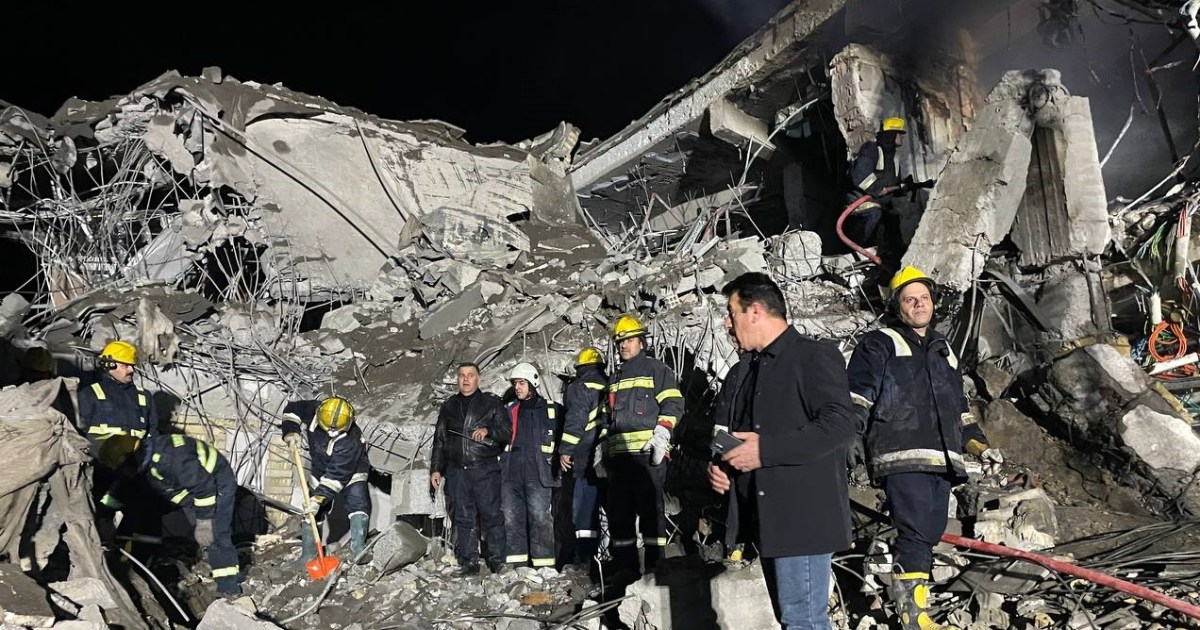Pakistan is not scared of Iran, they have nukes.
Pakistan tells Iran it wants to build trust after tit-for-tat strikes
Pakistan expressed its willingness to work with Iran on “all issues” in a call between their foreign ministers on Friday after both countries
exchanged drone and missile strikes on militant bases on each other’s territory.
The tit-for-tat strikes by the two countries are the highest-profile cross-border intrusions in recent years and have raised alarm about wider instability in the Middle East since the war between Israel and Hamas erupted on October 7.
However, both sides have already signaled a desire to cool tensions, although they have had a history of rocky relations.
A statement from Pakistan’s foreign office said Foreign Minister Jalil Abbas Jilani had spoken to his Iranian counterpart, Hossein Amir-Abdollahian, on Friday, a day after Pakistan carried out strikes in Iran.
Iran said Thursday’s strikes killed nine people in a border village on its territory, including four children. Pakistan said the Iranian attack on Tuesday killed two children.
“Foreign Minister Jilani expressed Pakistan’s readiness to work with Iran on all issues based on spirit of mutual trust and cooperation,” the statement said. “He underscored the need for closer cooperation on security issues.”
The contact follows a call between Jilani and his Turkish counterpart in which Islamabad said: “Pakistan has no interest or desire in escalation.”
The contacts come as Pakistan’s Caretaker Prime Minister Anwaar ul Haq Kakar began a meeting of the National Security Committee, with all the military services chiefs in attendance, a source in the prime minister’s Office told Reuters.
The meeting aims at a “broad national security review in the aftermath of the Iran-Pakistan incidents,” Information Minister Murtaza Solangi said. Kakar cut short a visit to the World Economic Forum in Davos and flew home on Thursday.
N Secretary-General Antonio Guterres
urged the two nations to exercise maximum restraint. The US also urged restraint although President Joe Biden said the clashes showed that Iran is
not well liked in the region.
Islamabad said it hit bases of the separatist Baloch Liberation Front and Baloch Liberation Army, while Tehran said its drones and missiles struck militants from the Jaish al Adl (JAA) group.
The militant groups operate in an area that includes Pakistan’s southwestern province of Balochistan and Iran’s southeastern Sistan-Baluchistan province. Both are restive, mineral-rich and largely underdeveloped.

 www.aljazeera.com
www.aljazeera.com









